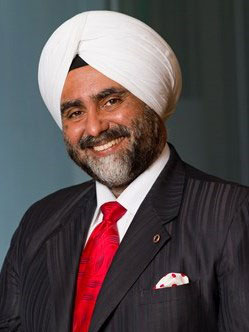India has received a short break on the tariff front, but the bigger picture remains complex. Earlier this month, the US administration announced a steep 26% tariff on Indian imports, sparking concerns across trade-focused sectors. Fortunately, a 90-day suspension has been granted, offering India, along with several other countries, a temporary pause and a crucial opportunity for trade discussions.Key Indian export sectors like electronics, gems and jewelry, textiles, and auto components are watching the developments closely as these industries have strong export ties with the US. If the tariffs are enforced after the suspension period, many could face higher input costs, lower margins, and reduced global competitiveness.Yet, amidst the uncertainty, there is an underlying opportunity. Trade experts believe this could prompt long-overdue reforms, such as streamlining India’s tariff structures, improving import policies, and increasing investments to strengthen domestic manufacturing and supply chains. As trade talks progress over the coming weeks, the spotlight will be on how India positions itself, not just in relation to the US, but within the rapidly evolving global trade landscape.The travel and hospitality sector in India, while not directly impacted by the tariffs, could feel the ripple effects over time. With the global economic environment in a state of flux, marked by protectionist trade policies, recessionary signals in some regions, and general uncertainty, travel demand may begin to soften. These factors can influence discretionary spending, which in turn could affect both corporate and leisure travel.

 By Sultan Bader Al-Otaibi
By Sultan Bader Al-Otaibi








